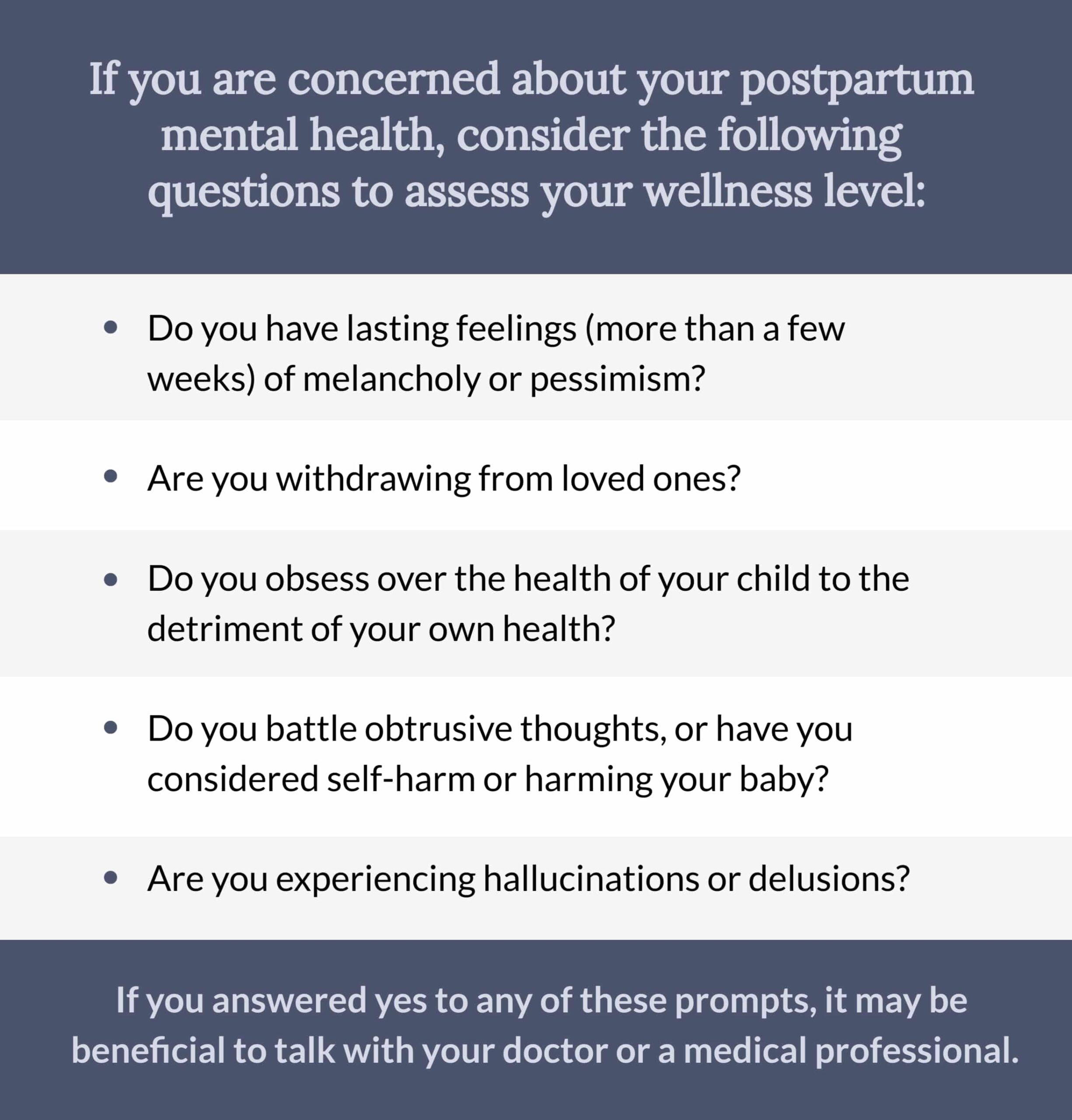By Mandy Parsons
Although both men and women experience mental health problems, the National Institute of Mental Health (NIH) reports that some mental health disorders, like anxiety and depression, affect women more frequently than men. Furthermore, certain mental health conditions are unique to women due to hormone and reproductive changes.
In fact, women’s mental health and reproductive health are intricately linked. Consider, for example, the postnatal mother. While some might chalk up a newborn mom’s intense sadness to “the baby blues,” in reality, prolonged feelings of hopelessness or despair can be crippling and potentially life-threatening.
Similarly, a middle-aged woman who suffers from brain fog or persistent irritability, or wakes up drenched in sweat at night is considered to be going through “the change.” However, this change can trigger mental health issues as well.
Dr. Lucy A. Hutner, a New York City-based reproductive psychiatrist shared with Forbes that mental health disorders tend to overlap with women’s reproductive transitions in part because, “Those are times of immense physical, mental, and emotional change.”
Postpartum and menopause are two reproductive transitions that significantly impact a woman’s health. What health challenges should women be aware of during these seasons, and how might they best navigate them?
Postpartum Mental Health
Most women would agree that having a baby is life-changing. The moments leading up to and following childbirth can be full of joy and anticipation. But what if your pregnancy, delivery, or postpartum journey is not what you expected or desired?
There are multiple physiologic, emotional, and mental factors at work during pregnancy. Pregnant women undergo various changes to their organ systems, including cardiovascular, endocrine, respiratory, hematologic, renal, and gastrointestinal, to accommodate a growing fetus.
Consequently, pregnancy can also affect a woman’s emotional state due to shifting hormones and physical discomfort. All of this can feel quite overwhelming. It’s no wonder the Centers for Disease Control and Prevention (CDC) says that depression during and after pregnancy is common. In fact, research shows about one in eight women experience symptoms of postpartum depression.
According to a study provided by the National Library of Medicine, women are highly vulnerable to psychiatric disorders during the postpartum period. Postpartum mental illness extends beyond depression to postpartum anxiety disorders, postpartum post-traumatic stress disorder, obsessions of child harm, and even postpartum psychosis.

Women’s Health and Menopause
Menopause, which occurs 12 months after a woman’s last period, can have similar ramifications on women’s mental health.
Women in menopause endure dropping estrogen levels, bladder control issues, hot flashes, vaginal dryness, mood swings, and slowed metabolism. These symptoms can lead to additional health problems such as heart disease, stroke, osteoporosis, and others.
Moreover, unwanted weight gain, decreased libido, sleep disruptions, or memory loss can have negative mental health consequences as well. Such stressors may fuel worry, anxiety, depression, and mood disorders.
Women in the throes of menopause, and even those approaching menopause, would be wise to take a regular mental health inventory. Asking yourself some key questions may help determine whether or not you might benefit from treatment:
- Am I exhibiting signs of severe depression or anxiety that don’t seem to go away?
- Have I lost interest in everyday activities, or am I isolating socially?
- Do I have difficulty thinking about anything other than aging or my menopausal symptoms?
- Have I noticed an increase in alcohol or drug use?
- Am I having thoughts of death of suicide?
Menopause should not diminish your quality of life. Be proactive about dealing with severe symptoms at the first sign of a problem.
Menopause should not diminish your quality of life. Be proactive about dealing with severe symptoms at the first sign of a problem.
Tips for Navigating Reproductive Transitions
Postpartum and menopause are not to be taken lightly. While some women do not experience bothersome side effects, others struggle considerably. Do not be embarrassed or afraid to seek medical attention if you are one of those women. There are many prescribed treatments available, including various medication and therapy options.
Below are some helpful tips on managing your postpartum and menopausal mental health at home.
- Be Aware of Your Mood
Some moodiness is expected with fluctuating hormones, but moods that interfere with daily life should be addressed. Often, a few simple medical or behavioral adjustments can steady the highs and lows.
- Don’t Isolate
Connect with other women who are walking through a similar season or create a support network and invite those you trust to walk alongside you. Be willing to accept help.
- Stay Active
Exercise releases endorphins and naturally boosts your mood. Find time to get your body moving and give your mind a rest.
- Eat Well
Fuel your body with healthy foods. Choose nutrient-dense foods that are rich in vitamins and minerals to give you energy and expedite recovery.
Remember: This Too Shall Pass
Whether you are waking up at 3 am to feed your baby, or to change pajamas because of night sweats, remind yourself that this is temporary.
If you are suffering from mental health complications due to postpartum or menopause, please reach out to us at The Meadows. Our time-tested Meadows Model is unparalleled in producing successful outcomes that translate to lasting recovery. You do not have to suffer in silence. Let us come alongside of you and help restore you to the happy and healthy self you once were.

